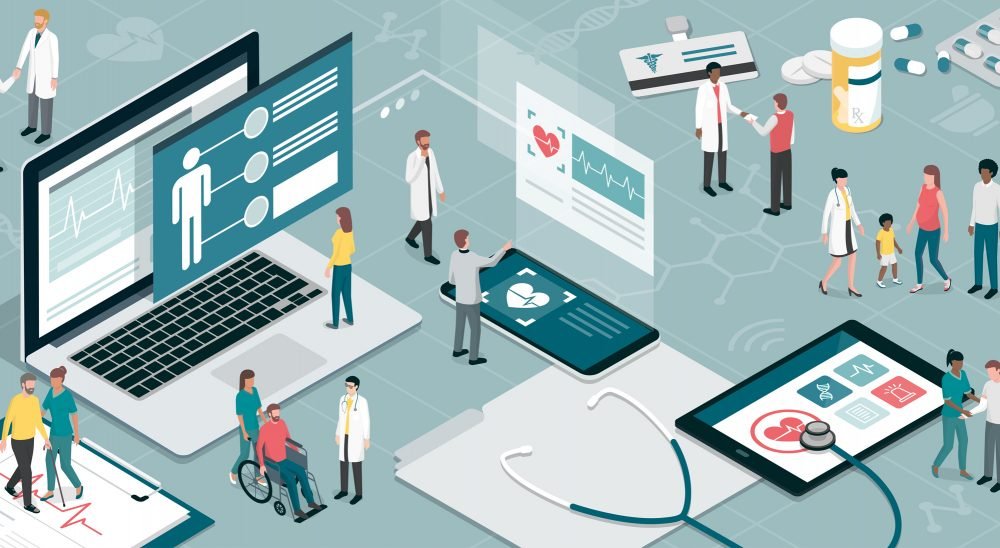Advertisment
NFTs offer new method to control personal health information

NFTs, or nonfungible tokens, created using blockchain technology, first made a splash in the art world as a platform to buy and sell digital art backed by a digital contract. But could NFT digital contracts be useful in other marketplaces? A global, multidisciplinary team of scholars in ethics, law and informatics led by bioethicists at Baylor College of Medicine wrote one of the first commentaries on how this new emerging technology could be repurposed for the healthcare industry.
In a new publication in the journal Science, the researchers propose that the tool could help patients gain more control over their personal health information. NFT digital contracts could provide an opportunity for patients to specify who can access their personal health information and to track how it is shared.
“Our personal health information is completely outside of our control in terms of what happens to it once it is digitalized into an electronic health record and how it gets commercialized and exchanged from there,” said Dr. Kristin Kostick-Quenet, first author of the paper and assistant professor at the Center for Medical Ethics and Health Policy at Baylor. “NFTs could be used to democratize health data and help individuals regain control and participate more in decisions about who can see and use their health information.”
“In the era of big data, health information is its own currency; it has become commodified and profitable,” said Dr. Amy McGuire, senior author of the paper and Leon Jaworski Professor of Biomedical Ethics and director of the Center for Medical Ethics and Health Policy at Baylor. “Using NFTs for health data is the perfect storm between a huge market place that’s evolving and the popularity of cryptocurrency, but there are also many ethical, legal and social implications to consider.”
The researchers point out that NFTs are still vulnerable to data security flaws, privacy issues, and disputes over intellectual property rights. Further, the complexity of NFTs may prevent the average citizen from capitalizing on their potential. The researchers believe it is important to consider potential benefits and challenges as NFTs emerge as a potential avenue to transform the world of health data.
“Federal regulations already give patients the right to connect an app of their choice to their doctor’s electronic health record and download their data in a computable format,” said Dr. Kenneth Mandl, co-author of the paper, director of the Computational Health Informatics Program at Boston Children’s Hospital and Donald A.B. Lindberg Professor of Pediatrics and Biomedical Informatics at Harvard Medical School. “It’s intriguing to contemplate whether NFTs or NFT-like technology could enable intentional sharing of those data under smart contracts in the future.”
Dr. Timo Minssen, I. Glenn Cohen, Dr. Urs Gasser and Dr. Isaac Kohane also contributed to this publication. They are from the following institutions: Boston Children’s Hospital, Harvard Medical School, Harvard Law School, University of Copenhagen and Technical University of Munich. See the publication for a full list of funding for these researchers.
Journal Reference:
- Kristin Kostick-Quenet, Kenneth D. Mandl, Timo Minssen, I. Glenn Cohen, Urs Gasser, Isaac Kohane, Amy L. McGuire. How NFTs could transform health information exchange. Science, 2022; 375 (6580): 500 DOI: 10.1126/science.abm2004





